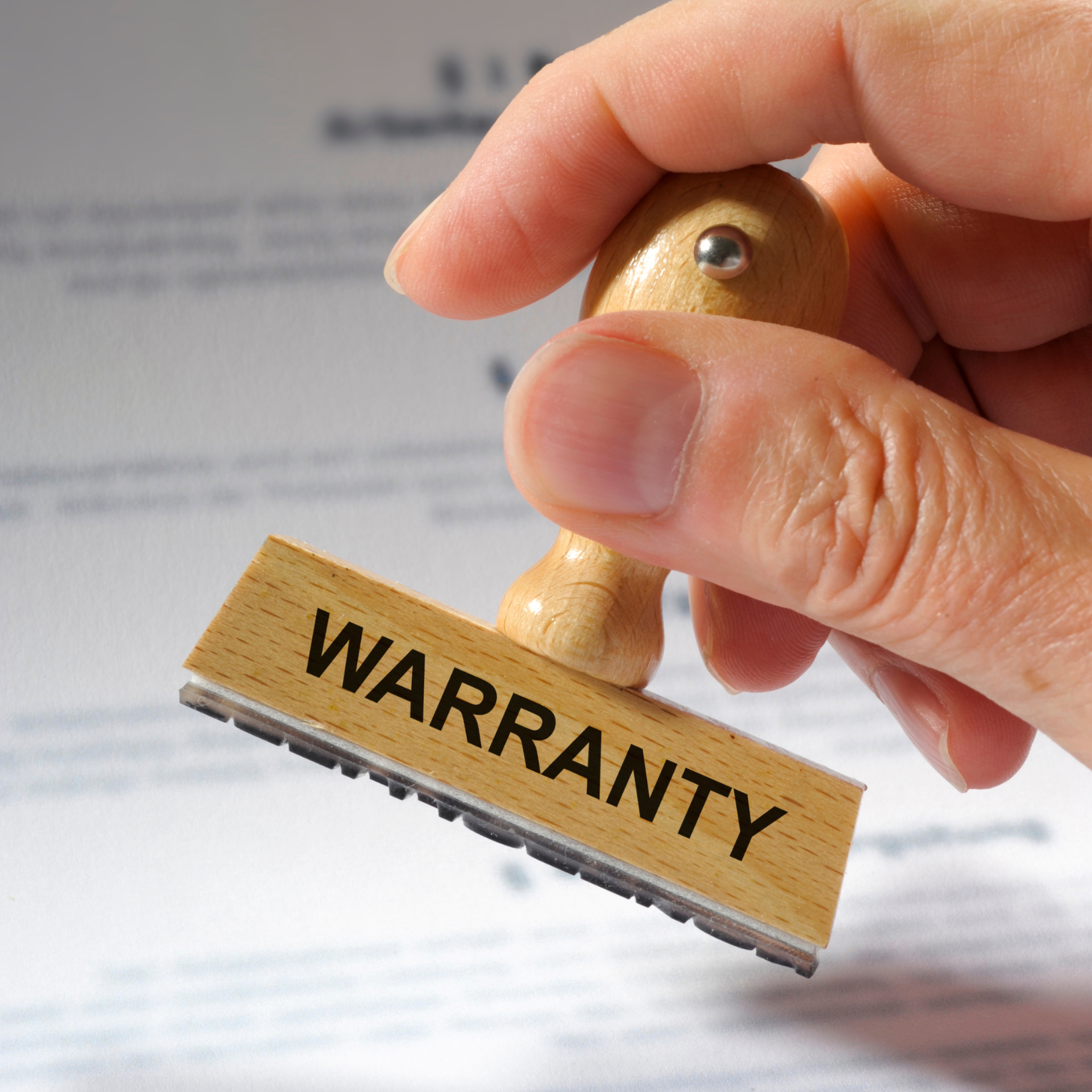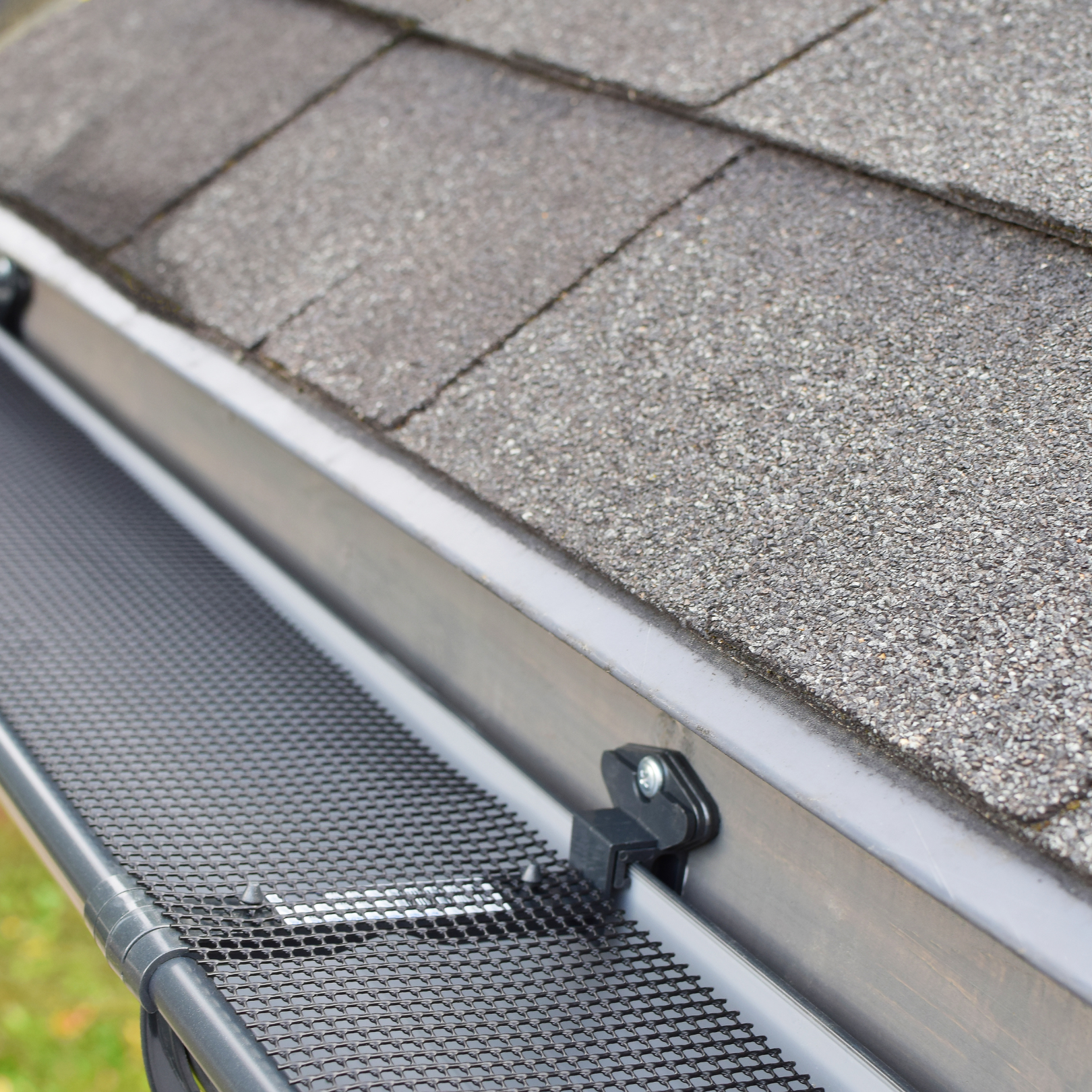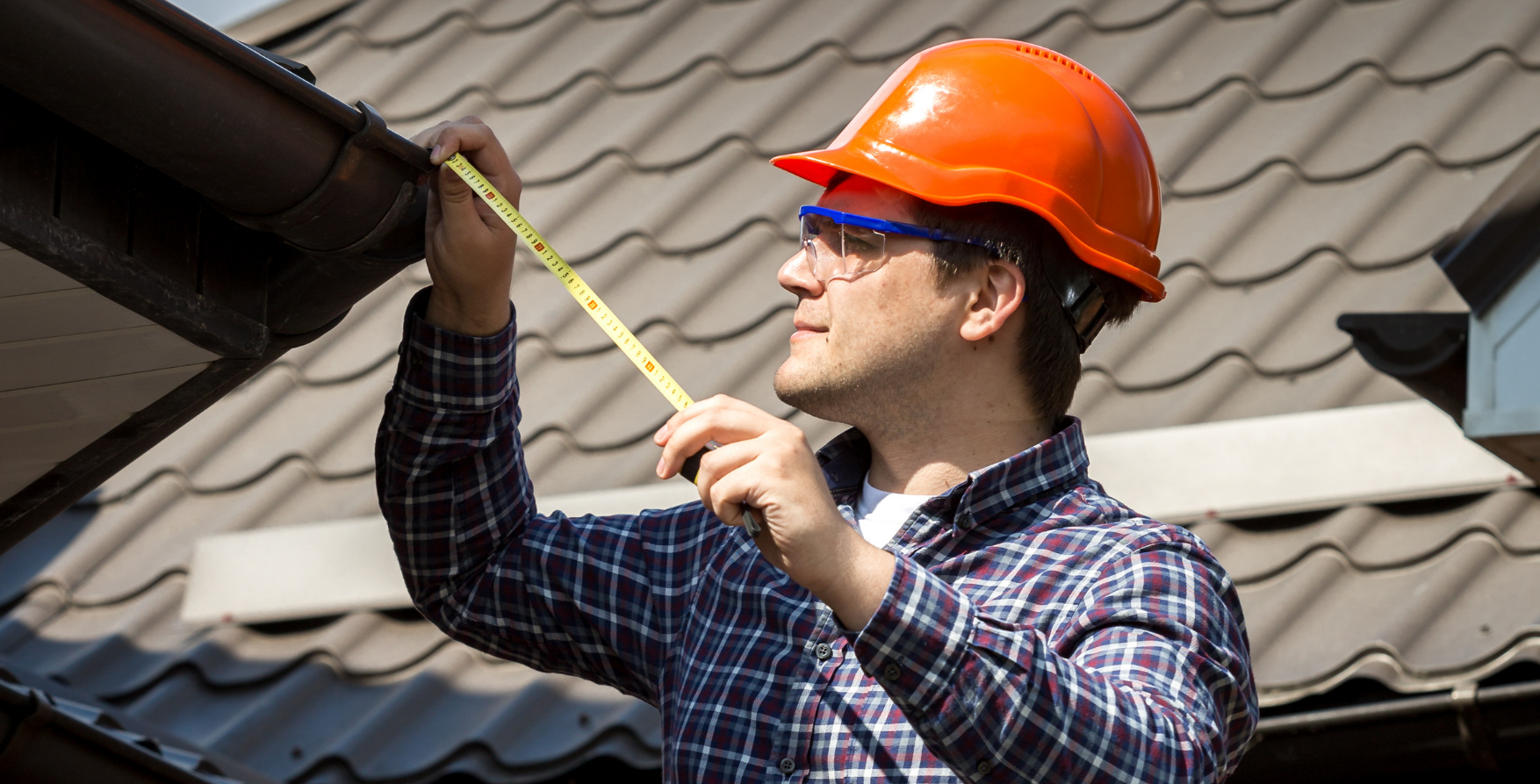Important Questions to Ask About Your Roofing Quote in the DMV
Close-up of handshake between client and roofer discussing roofing estimate in the DMV area.
Whenever it’s time to replace or repair a roof, getting a quote is like the first big step. But not all roofing quotes will be the same. Some may look cheaper up front but hide extra costs. Others may skip important details that protect you as a homeowner. That’s why you need to ask some questions.
Here are some questions you should ask before signing:
Are you licensed and insured in the DMV?
What warranties do you offer?
How will you protect my home?
Will you install a drip edge and ice & water shield?
What happens if the decking needs replacement?
Who will be on-site for the job?
Can you provide reviews from DMV homeowners?
What’s included in the cleanup plan?
Asking the right questions before signing a roofing contract can save you money, stress, and a lot of headaches down the road. Let's look at why these questions are so important.
1. Are You Licensed and Insured in the DMV?
This should be the very first thing you ask. A licensed and insured roofer shows they’re following local regulations and protecting both you and their workers.
The license proves they’re legally allowed to work in Virginia, Maryland, or D.C. Insurance, on the other hand, covers accidents or property damage so you’re not left holding the bill in case anything happens. A reputable roofing company in the DMV will have no problem showing you proof.
Roofing quote discussion with homeowner about warranties in DMV
2. What Warranties Do You Offer?
Not all warranties are equal. That's why it's important to ask what warranties the roofing company offers before signing. Most roofers will give you:
Manufacturer’s warranty (covers the shingles or materials)
Workmanship warranty (covers installation mistakes)
In the DMV, look for at least a 10-year workmanship warranty. That way, if something goes wrong due to poor installation, you’re covered. Always make sure warranties are in writing.
3. How Will You Protect My Property?
Roof work can get really messy; there’s no way around it. But a good roofer will take steps to protect your landscaping, gutters, windows, and siding when doing their job.
Ask if they use tarps, plywood, or other methods to shield your property during the project. Also, watch out for sneaky fine print in the estimate that says they’re “not liable for damage.” That’s definitely a red flag.
4. Will You Install Drip Edge and Ice & Water Shield?
Close-up of DMV roof drip edge with Ice & Water Shield installed.
These two items may sound small or unimportant, but the truth is they’re very essential for your roof. What do they do?
Drip edge: Metal flashing that keeps water from sneaking under shingles and protecting the decking (more on that next). It's required by code and extremely important to help channel water to the right places so rot and structural damage doesn’t occur.
Ice & water shield: A waterproof layer that protects vulnerable areas like valleys, skylights, and low slopes. It acts as a protective layer to your home and is required by code.
If these aren’t included in your estimate, that’s a problem.
5. What Happens if Decking Needs to Be Replaced?
Roof decking is the foundation of what your shingles are attached to. In most cases, it’s either plywood or wood planks which can rot if it’s been exposed to water for a while. A roofer can’t know for certain if the decking is damaged until they see it when the shingles come off the roof. Because they can’t predict this ahead of time, you’ll want to see how they handle a need for decking replacement in the estimate.
A good roofer will list decking replacement as a “per sheet” cost for plywood or per linear foot cost for planks. Knowing this upfront will help avoid surprise costs in the final invoice. Watch out for companies that don’t mention decking at all; it could mean surprise charges later.
6. Who Will Be On-Site During the Job?
Some companies send out a sales rep for the estimate, but a completely different crew shows up for the job. Always ask if there will be a project manager or supervisor on-site. This ensures communication stays clear and that the work matches what you agreed to.
Onsite roofers performing roof repair in DMV area.
7. Can You Provide References or Reviews from DMV Homeowners?
A local roofer should have plenty of recent projects in your area. Ask for addresses, photos, or references from other DMV homeowners. Local reviews on Google or Yelp will also show how they handle customer service and warranty issues after installation.
8. What’s Included in the Cleanup Plan?
A roof replacement can leave behind nails, shingles, and other debris. The last thing you want is to find nails in your driveway or yard weeks later. Ask the roofer how they handle cleanup once the job is done.
A good roofing company in the DMV should use magnetic sweepers to collect stray nails, haul away old materials, and leave your property looking the way they found it (or even better). Cleanup may sound like a small detail, but it makes a big difference in keeping your home and family safe after the project.
Final Thoughts
Roofer measuring a roof before giving a quote.
Getting a roofing quote in the DMV isn’t just about finding the lowest estimate and picking it. It’s about finding a roofer who’s upfront, clear, and committed to protecting your home, like Da’ Roofers.
That's why it's important to ask these necessary questions before signing. We guarantee that if you ask these questions upfront you'll be much more confident that you’re making the right choice (and you will).
FAQs
1. How do I compare roofing quotes in the DMV?
When comparing quotes, look at more than just the total price. Take a closer look at the warranties, materials, crew experience, and how clearly each roofer explains their estimate. That’s how you separate who’s really worth working with and those who're only trying to win the contract.
2. Why is a written roofing quote important?
A written roofing quote helps to clarify what will be done and ensures everything, including materials, labor, and warranties, is in writing. A written quote also prevents hidden fees and surprising overages and additional costs to your roofing project.
3. Do roofers in the DMV need to be licensed and insured?
Yes. D.C., Maryland, and Virginia all require roofing companies to carry licenses and insurance to protect homeowners. That means if they don't have either of the two, they're not trustworthy.
4. What should be included in a roofing estimate?
A complete estimate should include scope of work, materials, labor, warranties, property protection, cleanup, and decking replacement costs.






